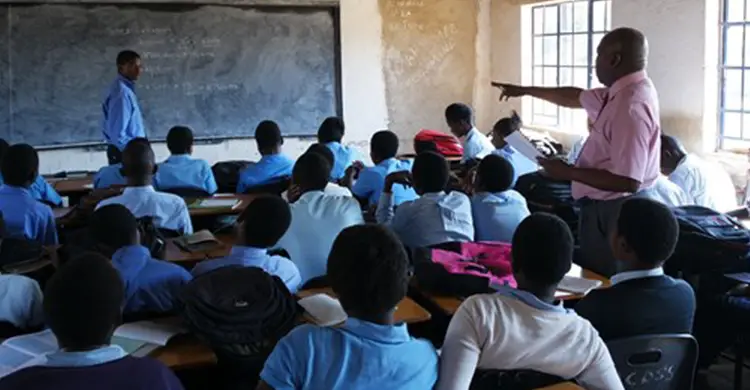According to the Malawi Ministry of Education, the COVID-19 response in the education sector has so far resulted in the construction of 94 out of 383 low-cost classrooms built at Public schools in Malawis. As part of the Covid-19 response, the government granted K5 billion to the Malawi ministry of education in February this year through the presidential task force on COVID-19 to acquire 266 tents, construct 383 low-cost classrooms, and dig 502 boreholes in schools.
Also Read: Solar-Powered Wireless Internet For Informal Schools In South Africa
Progress of the Ongoing Project
According to Chikondi Chimala, the ministry’s spokeswoman, 268 boreholes have been sunk around the nation, accounting for 53%, while 94 low-cost classrooms have been built, accounting for 24.54%. Chimala claims 184 low-cost classrooms are nearing completion, with just nine schools still awaiting construction. Additionally, six of the needed ten shall wells have been dug, accounting for 60% of the total.
Six of the seven boreholes scheduled for her region have been built and are in operation, according to Nyaka, while 16 of the 17 classrooms have been constructed, lowering the classroom student ratio. Rebecca Misili, the Chief Education Officer for Blantyre Rural, agreed with Nyaka, saying the boreholes and classroom structures had already improved cleanliness and decreased congestion. Misili, who expressed gratitude to the government for the gesture, said that four of the 12 boreholes allotted for Blantyre rural have already been used, and five of the nine classrooms have been built.
Meanwhile, Jones Sitolo, a deputy headmaster of Lauderdale Primary School in Mulanje, has urged the Malawi government to push forward with the plan, suggesting that additional Classrooms built at Public schools in Malawi may be created as a result of the proposal. Engaging contractors who claim to be worth more money but whose work is on par with these low-cost schools, according to Sitolo, is a waste of government resources. A single school block would cost K4.4 million, and a two-classroom block would cost K8.8 million, with communities being requested to provide other supplies such as bricks, sand, and water, while a single borehole would cost K3.2 million.

Leave a Reply